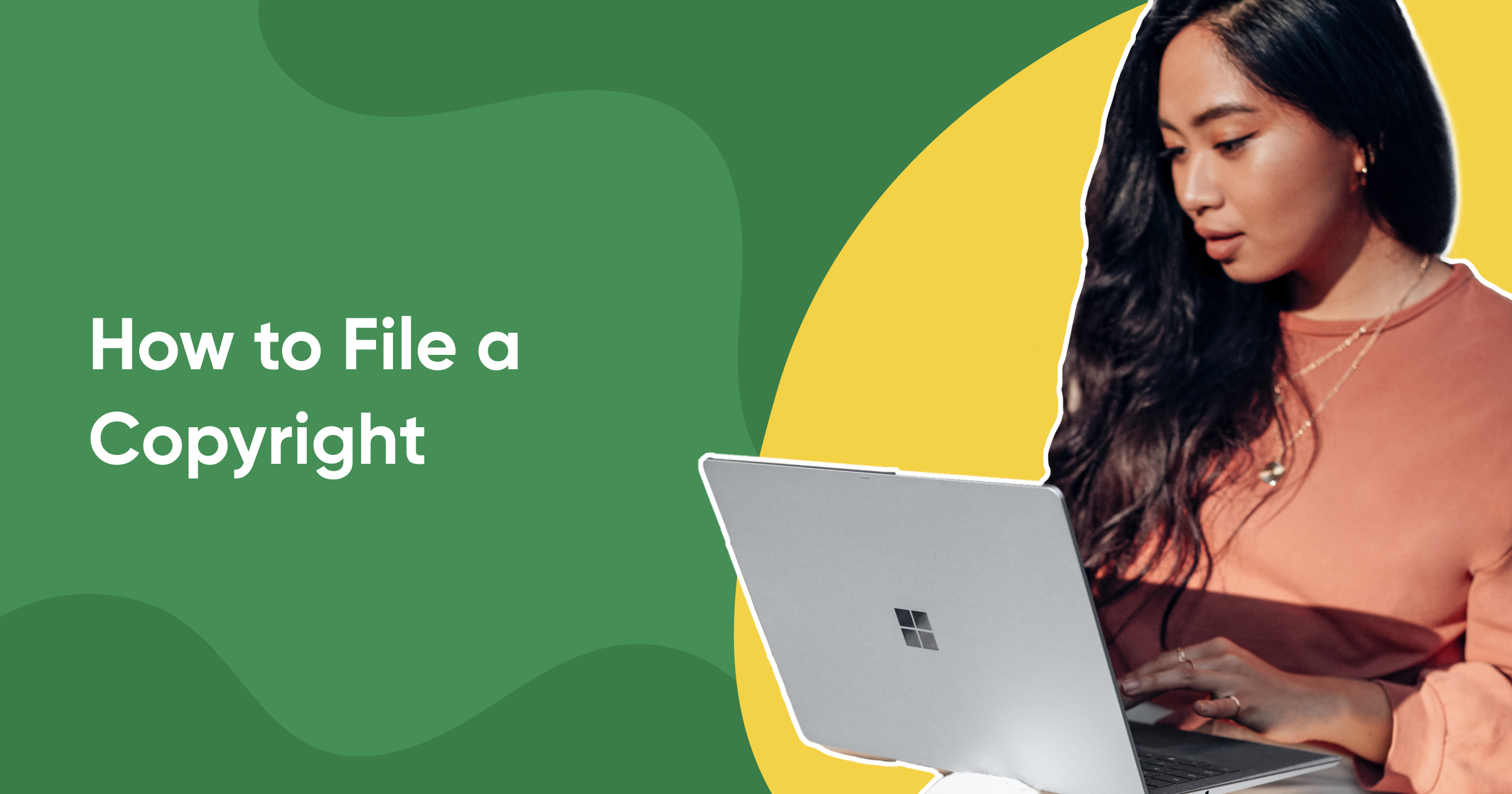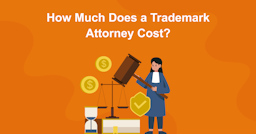Resources
How To File A Copyright
Joshua Julien Brouard
09 October 2023 • 3 min read

So you're looking to file a copyright. Don't worry. In this step-by-step guide, I'll take you through exactly how to do this. Let's start with the first step, using a copyright search engine:
If you're planning on creating an original work, copyright search engines can help you determine just how "original" your planned original work is. Not following? Let's look at an example:
George is a researcher working for a biotech firm. He has an idea for an excellent paper but is unsure if it's been written on and copyrighted in the past. He uses a copyright search engine to verify his idea is original and protectable.
Not only does this protect him from a potential copyright lawsuit, but it also saves him time spent on something that has already been done.
See the value now? Why don't you try out our FREE copyright search engine? Just enter the link and start searching!
Once you're confident that your original work is actually one-of-a-kind, it's time to complete your copyright filing for federal protection.
This can all be done electronically through the U.S. Copyright Office website for a fee. However, it's advisable to seek the counsel of an intellectual property attorney who can ensure that your registration is successful.
Each application you submit to the Copyright Office must include the following:

Unfortunately, the Copyright Office will take a while with your application due to the sheer number of applications they have to deal with daily.
However:
Once this time has elapsed and the copyright registration process is complete, you'll receive a certificate of registration for your copyright.
However before this, be sure to check that you receive an email when you register your copyright online. You may also receive an email if (a) your copyright is rejected or (b) the Copyright Office has questions. They may also phone you for the latter.
It's also for this reason that seeking legal help is advisable. A rejected application can set you back months. Getting it right the first time is crucial.
Budgeting for intellectual property protection is an essential aspect of any ambitious creator's finances. With the rise of the internet, your work is out there for anyone to view, enjoy, and even, you guessed it, steal.
Protect yourself from intellectual property thieves today by registering your copyright with us.
Did you know that you can copyright a tattoo? Learn how on our blog!
Yes, you can file your own copyright with the U.S. Copyright Office. However, filing with a lawyer will make the process much more efficient. In addition, a qualified attorney understands copyright law well and can ensure that your copyright application is successful.
Copyright registration is not limited to just specific individuals or types of businesses. Anyone can get their copyright registered with the U.S. Copyright Office.
Technically, you get "free'" copyright protection when you create a creative work. This is protection under the common law. And it doesn't afford you the many advantages of federal copyright protection.
There are two different forms of copyright protection. One is protection under the common law, and the other is federal copyright protection. While the former is "free" and does afford you some protection, registration with the Copyright Office is a lot more comprehensive.
AUTHOR
Joshua J. Brouard has a diverse background. He has studied bachelor of commerce with a major in law, completed SEO and digital marketing certifications, and has years of experience in content marketing. Skilled in a wide range of topics, he's a versatile and knowledgeable writer.
Related Blogs

Are Wargs Copyrighted? (+ Can You Copyri...
09 May 2024 • 4 min read

How Much Does a Trademark Attorney Cost?...
07 May 2024 • 6 min read

Is Filing a Trademark Hard? (+ How to Ma...
03 May 2024 • 7 min read

What Is the Most Common Reason That a Tr...
03 May 2024 • 6 min read

Can You Trademark a Name Without a Busin...
03 May 2024 • 7 min read